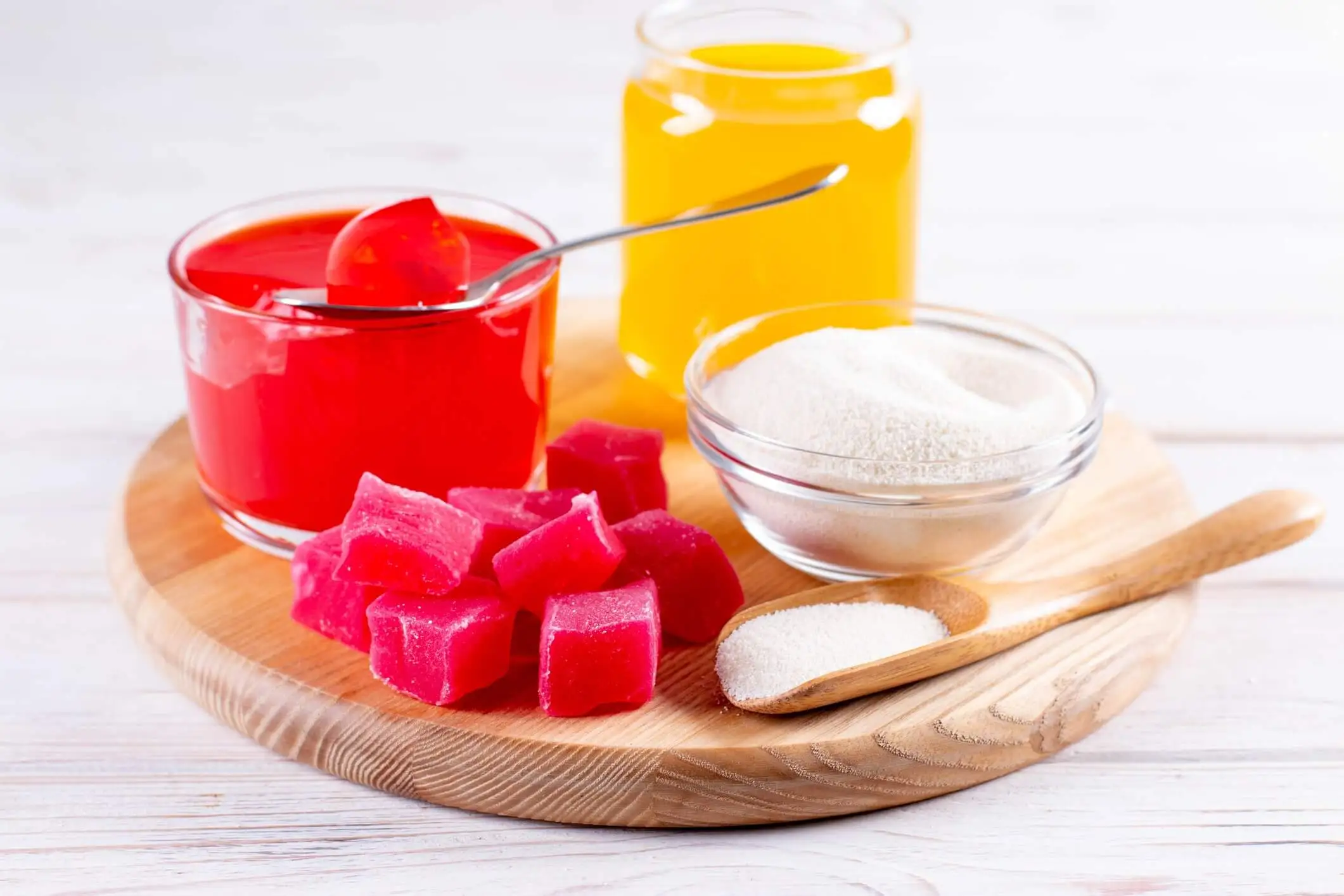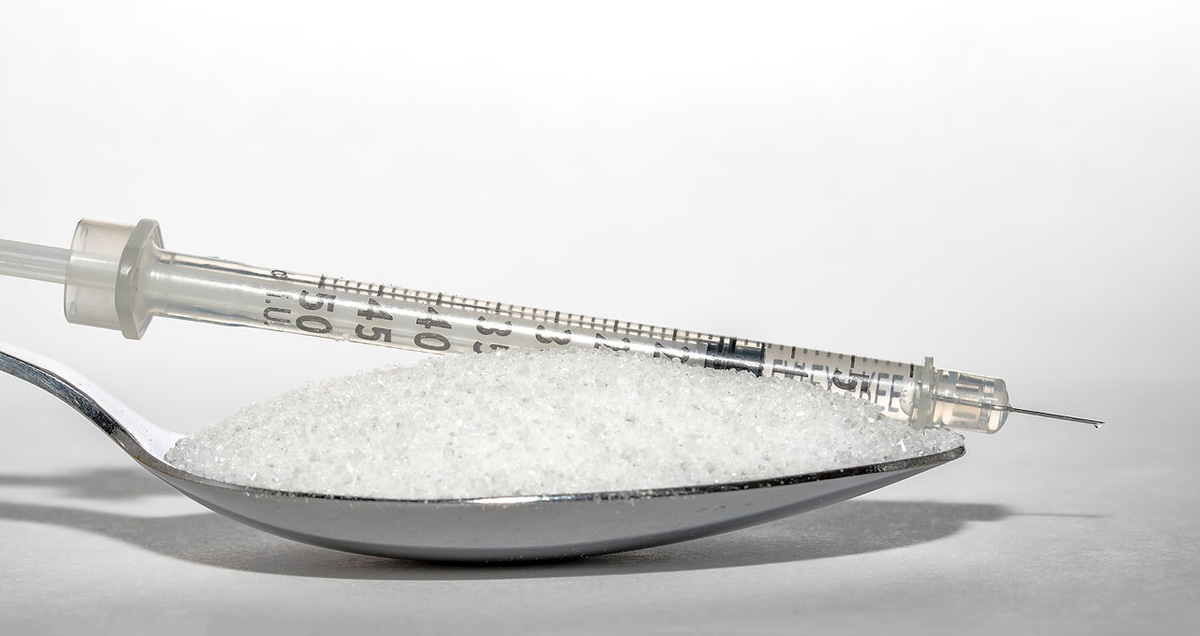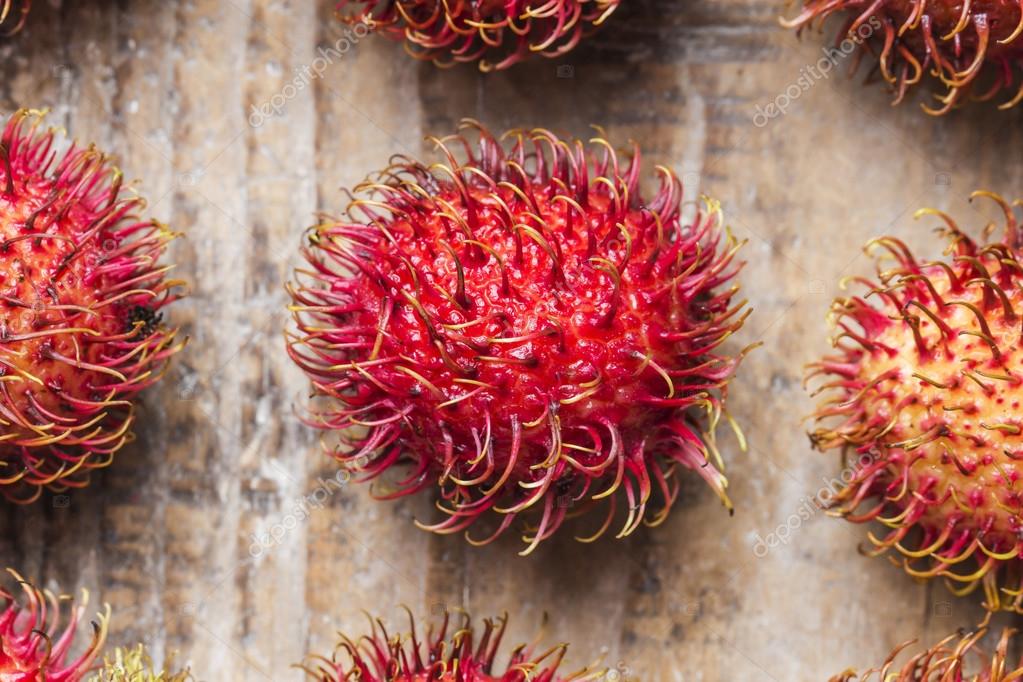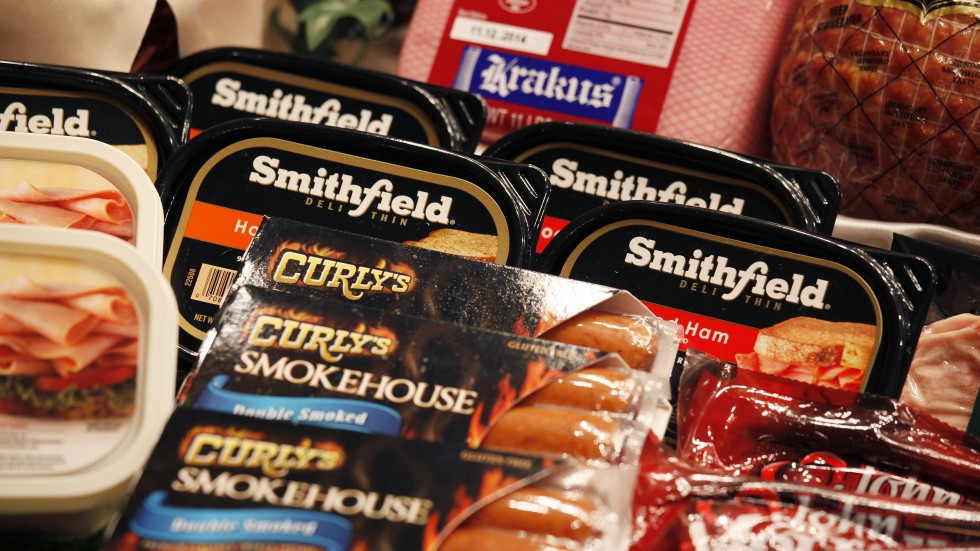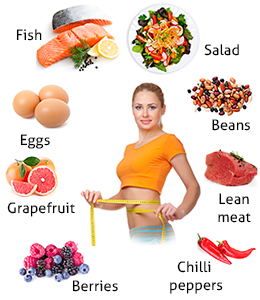Ever since the 1970?s, when folks like Jim Fix with his jogging book and of course fitness icon Richard Simmons began to get the world onto the fitness band wagon, a lot of information has come through our TV?s about how to lose weight and get healthy.
Unfortunately, much of it is inaccurate, misunderstood or even dangerous over time. The weight loss industry generates something over $70 billion in the U.S. alone? it?s big business and these companies and personalities know how to tap into our psyches and tickle those nerves that make us want to try their pills, foods, workouts and vibrating belts that melt the fat while you veg out in front of the tube.
Food has always been one of the areas that?s been capitalized in the last 40+ years of America?s and other nations? weight loss craze. First it was reduced fat and fat free! Sounds great, right? Yeah, except that when they take the fat out of your favorite cookies, they simply replace it with more sugar? hmm, doesn?t sound so great, does it?
In the early 2000?s, if you recall, carbs became fitness public enemy #1. All of a sudden, people who a year before barely even knew what carbohydrates were began to go on no-carb diets. Then it was gluten. Again, before 2010 or so, most folks had never even heard of this thing? and now, it seems like every food has a gluten-free substitute and half of all living humans are allergic to it.
Weird, right?
But you know what one of the most attacked food items has always been, even before the 70?s ? salt!

Yes, good old sodium chloride is the arbiter of all that?s evil in the world. Salt raises your cholesterol? oh, no that?s actually not true? salt is a key ingredient in weight gain? oh, that?s false too?
The truth is, in fact, that salt is absolutely vital to your body?s health. It?s needed in the bio-chemistry of your cells. Yet even more obvious is that when you cut salt out of your diet, you actually inhibit your body?s ability to digest food! And, of course, that means putting on more weight and also limiting the amount of nutrients you can absorb.
Salt helps your body balance and optimize the pH level in your stomach. In other words, it helps make sure that your stomach acid is strong enough to break down the food you eat so that the nutrients in it can more effectively be absorbed as it passes through your digestive tract.
Salt is actually one incredibly important element in any good weight loss program. Like many people, I thought differently until running into a Korean medical student in Afghanistan who opened my eyes to a whole new ? yet ironically ancient ? way of looking at health, fitness and weight loss. He showed me the science behind what eastern cultures have known for millennia.
If you?re looking to lose weight, or if you?ve ever been frustrated by your lack of progress? some of the latest science may shock you as to why. There are myths about weight loss that we?ve been fed for far too long and yet the scientifically proven and tested truth has simply been lying in the grass waiting to be uncovered.
To learn more about what does and does not work about weight loss and how you can truly drop unsightly pounds rapidly and permanently, click this link and check out a video I?ve put together.
Learn how my nearly being killed in the Middle East led me to discover the amazing truth that you deserve to know ? click here right now!

Helen Bradley is a health blogger and the founder of her own blog about fitness. She has been blogging for three years now and loves to share what she learns with others. Helen enjoys reading, cooking, and staying active outdoors.
